2009 IECC Compliance: Building Thermal Envelope, Penetrations & Air Sealing |
||
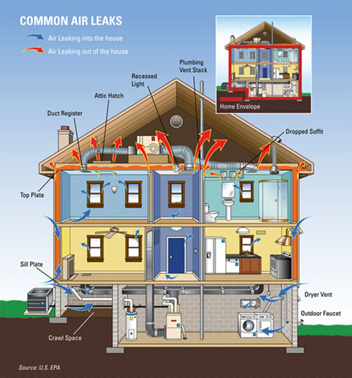 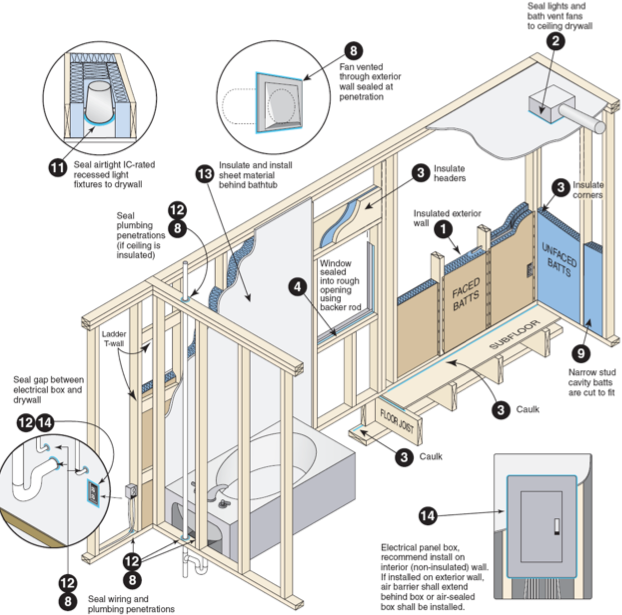 |
||
Download Presentation |
Presenter – James "Jim" Houser |
|
Jan 22, 2015
|
SummarySouth Carolina implemented the 2009 IECC (International Energy Conservation Code) on January 1, 2013. Since then, confusion has arisen among design and construction professionals regarding specifications and drawings needed to demonstrate compliance with its requirements. In particular, the number of drawings in a typical set of construction document has significantly increased in order to fully demonstrate the continuity of thermal boundaries and air barriers in plan and section as well as details describing the myriad conditions constituting a building’s enclosure, penetrations, and air sealing techniques. Learning Objectives
Biography
Mr. Houser is affiliated with several professional organizations: the South Carolina Coastal Codes Enforcement Association, the South Carolina Coastal Codes Enforcement Association Sub-Committee on Code Interpretations, the International Codes Council, the South Carolina Building Code Officials Association, and the South Carolina Association for Hazard Mitigation.
|
|

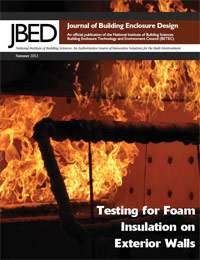
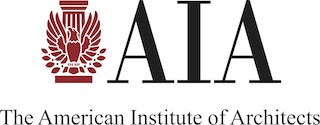
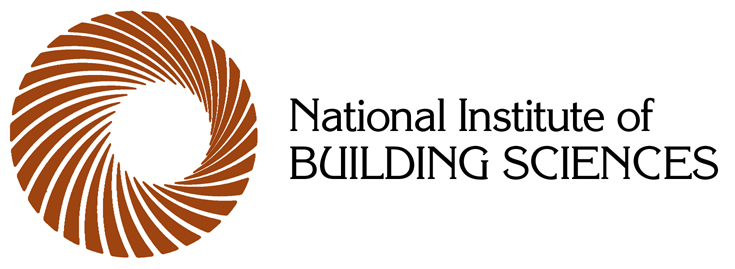

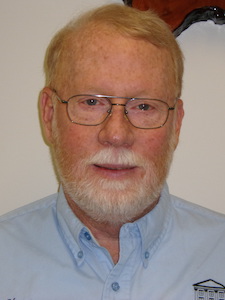 Jim Houser is the Assistant Director of Building Inspection Services for Charleston County. He has been involved with Building Code Enforcement and Floodplain Development and Regulations since 1986. His current certifications include—SC Fire Marshall, Certified Resident Fire Marshall, SC Building Codes Council G-1 Building Official, and ASFPM Certified Floodplain Manager. His certification history includes—Resident Fire Marshall (2006), Certified Floodplain Manager (2004), Coastal Construction Inspector (1996), Certified Building Official (1995), One and Two Family Dwelling Inspector (1986).
Jim Houser is the Assistant Director of Building Inspection Services for Charleston County. He has been involved with Building Code Enforcement and Floodplain Development and Regulations since 1986. His current certifications include—SC Fire Marshall, Certified Resident Fire Marshall, SC Building Codes Council G-1 Building Official, and ASFPM Certified Floodplain Manager. His certification history includes—Resident Fire Marshall (2006), Certified Floodplain Manager (2004), Coastal Construction Inspector (1996), Certified Building Official (1995), One and Two Family Dwelling Inspector (1986).